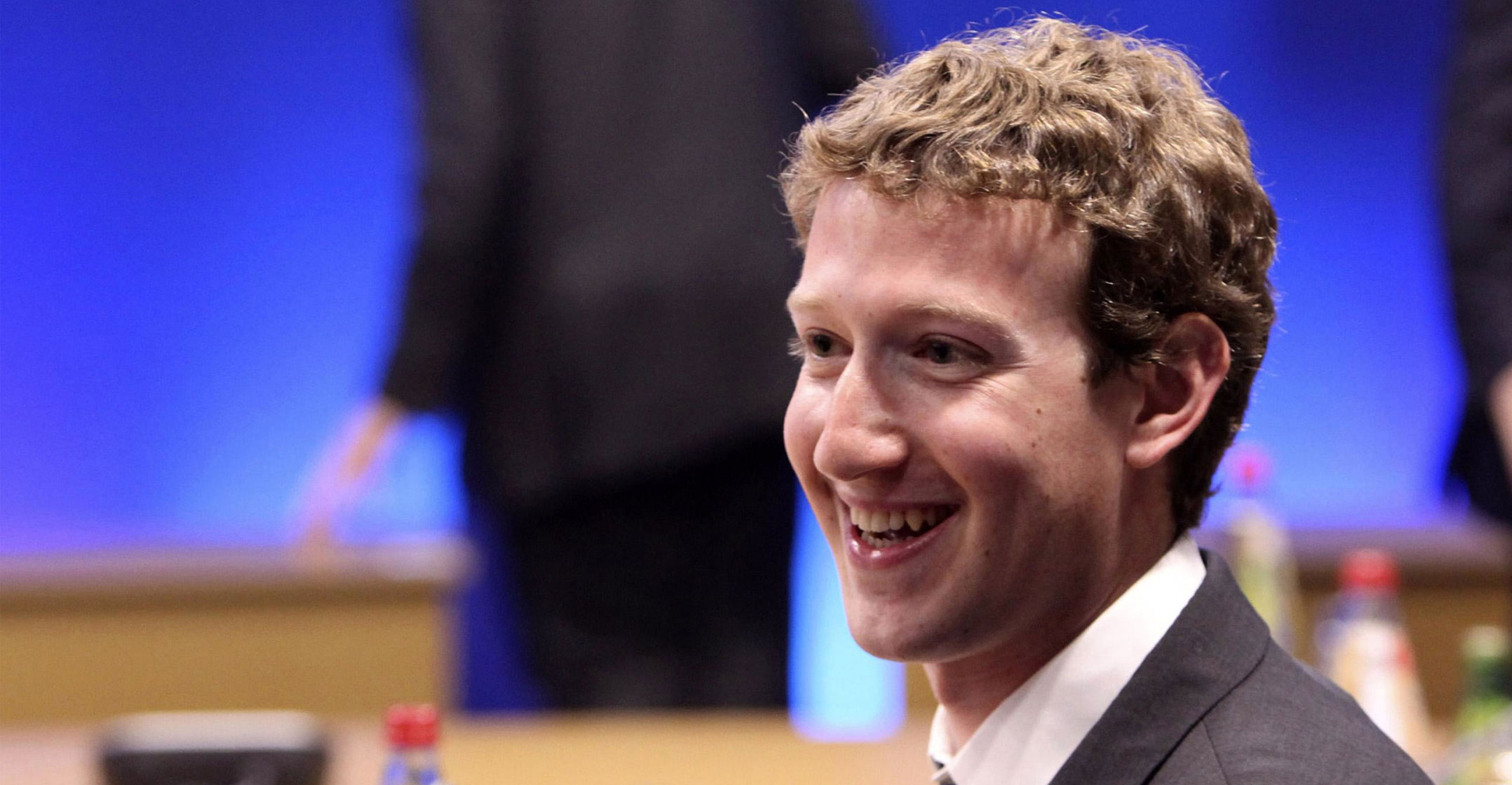
Facebook marks its 15th birthday on Monday, having expanded from a dormitory room hobby project to a network of more than two billion people at the heart of the online data privacy debate.
The Cambridge Analytica scandal, several data breaches and internal correspondence suggesting an aggressive approach to its data-driven business model have left the social network facing intense scrutiny from politicians and industry.
Many hold it up as the example of why social media requires tighter regulation.
But despite such scrutiny, the company continues to grow — its latest financial results showed revenue up 30% and profits up 61% on this time last year.
The site and its family of apps — which includes Instagram, WhatsApp and Messenger — are now also used by 2.7 billion people every month.
But this is a scale critics believe only heightens the need for Facebook and other platforms to be better held to account.
Damian Collins, chairman of the UK’s house of commons digital, culture, media & sport select committee, said last week that social media firms like Facebook were now past the point of no return when it came to self-regulation.
“If anything, I think we’ve reached a point where we have to say we can’t just rely on the goodwill of companies like Facebook to police their own platforms properly or even enforce their own rules,” he said. “We need external bodies that have got the power to set rules and standards for them.”
Turning point?
However, as it turns 15, Facebook is starting to look forward again.
In an update following the release of its financial results, founder Mark Zuckerberg said 2018 had seen the company “fundamentally change” how it was run, and while it would continue to work on “making progress on the major social issues facing the Internet and our company”, he said some focus would also shift in 2019.
“We’re also going to allocate more of our energy to building new and inspiring ways to help people connect and build community,” he said. “I’m not talking about the many day-to-day iterative improvements we make so that ranking gets a bit better, or things get somewhat faster, but major improvements to people’s lives that whole communities recognise and say ‘wow, we’re all doing something new on Facebook or WhatsApp that we weren’t doing before’.”
But with even the firm’s new head of global affairs and communications, Nick Clegg, recently acknowledging that government had a place in regulating social media, the company’s next birthday may involve dealing with legislation as well as innovation.




